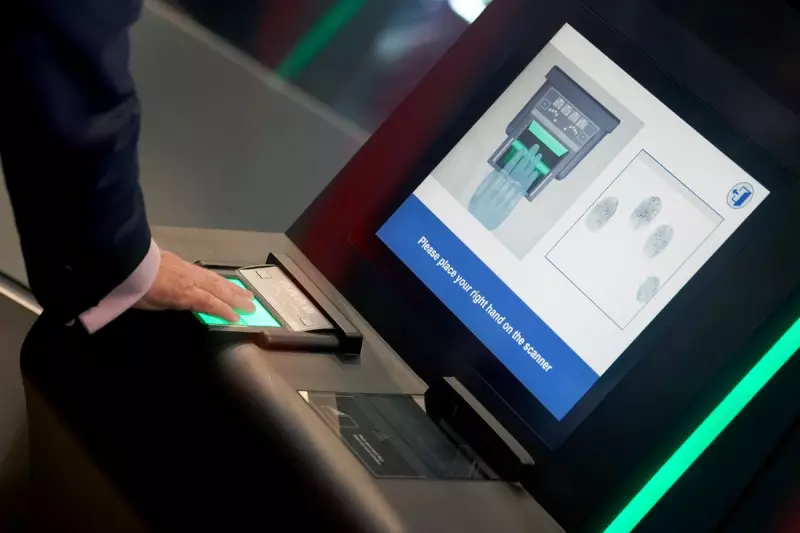
British holidaymakers and business travellers are set to encounter substantial new financial burdens and administrative hurdles when visiting European Union countries, as the bloc prepares to implement its high-tech border control system later this year.
The £50 Million Hit to British Pockets
The European Union's Entry/Exit System (EES), scheduled to become operational in October 2024, is projected to cost UK travellers an astonishing £50 million annually. This automated IT system for registering non-EU visitors will require British passport holders to submit facial images and fingerprints at border crossings.
From Simple Stamps to Digital Drag
Gone are the days of quick passport stamps. The new system mandates that Brits provide biometric data including four fingerprints and a facial photograph upon first entry to the EU. While designed to speed up processing for repeat travellers eventually, the initial implementation is expected to create significant delays and complications.
What Travellers Need to Know
- Biometric data collection (fingerprints and facial images) required at first entry
- System automatically records travel dates and destinations
- Data stored for three years after each trip
- Affects all UK passport holders travelling to EU countries
- Implementation expected October 2024
Border Chaos Feared
Travel industry experts are warning of potential chaos at popular entry points like Dover, Eurostar terminals, and major European airports. The additional processing time per passenger could lead to massive queues, particularly during peak travel periods.
This represents yet another consequence of Brexit for British travellers, who until 2020 enjoyed frictionless travel across the continent. The new system underscores the changed relationship between the UK and EU, transforming what was once simple border crossing into a more complex, time-consuming process.
Long-term Implications
While the EU promises the system will eventually streamline border checks for frequent travellers, the initial adjustment period is likely to be challenging. The financial impact combined with potential travel disruptions could significantly affect British tourism to Europe and business travel between the UK and EU member states.





